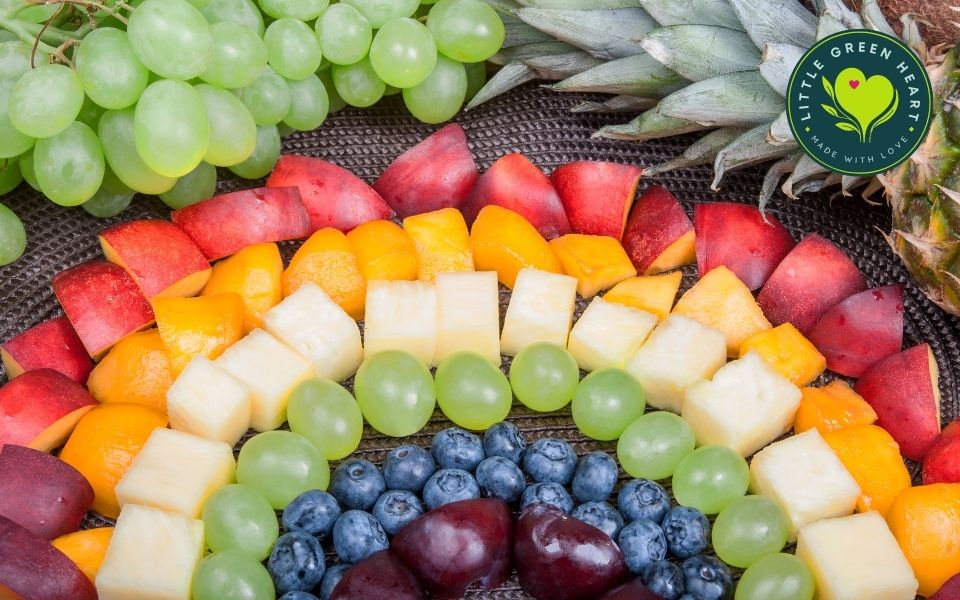Below you will find information on the questions I get asked most often.
If your question has not been answered below, please contact me.
How can I buy your meals?
I'm not currently attending any weekend markets but you can use the order meals form to choose your nourishment. I will respond to confirm your order and whether you intend to pick from Buderim, or arrange for delivery for orders over $75 with additional cost.
you are always welcome to call if you would prefer to place your order over the phone or have any questions.
Are all your meals frozen?
Most of my core dishes are frozen - soups, beans and curry. I do this to maintain the highest nutritional content possible, minimise food waste and ensure you can always have healthy food on hand for those days you when you need an easy option.
My Not Bolognese is bottled and shelf stable, along with my Chilli Sauce and Chilli Oil.
I've found my dips and Zucchini Fritters freeze exceptionally well which means you can stock up so you have a selection in your freezer.
Is all your food Gluten Free?
Because there are so many people with digestive irritability, I choose to make all dishes gluten free to ensure everyone has access. It’s worth noting, I’m not a fan of processed gluten free products because they generally have a lot of added gums to make up for the lack of gluten. I’m not convinced this doesn’t cause as much digestive irritability as gluten itself. My goal is nutritionally dense food, and I use ingredients that don’t contain gluten.
In time, you may find a few of my sourdough products on sale that are not gluten free, but they will be clearly labelled as containing gluten.
What are whole foods?
Those that are close to their original form, with minimal processing. It’s a term most commonly applied to fruits, vegetables, legumes, nuts, seeds and whole grains. Generally, commercial processing will involve the adding of salt, sugar, preservatives, colourings and other additives that can often cause negative effects in our body. While many of these additives are deemed safe in small amounts, if you consider that most processed foods contain them, those 'small amounts' can add up to be quite significant.
Whole foods also contain higher nutrients which results in us feeling fuller for longer....the way Nature intended.
What are ancient grains?
A term used for plants that have been cultivated for centuries or more, in the exact same way they have always been. Many plants and grains have been selectively bred, hybridised or genetically modified, which not only changed their nutritional content, many studies suggest it may be a contributing factor to the increase in digestive irritability.
While they're called grains, they are considered a ‘pseudo’ grain, many are actually seeds and often gluten free. They're full of fibre with impressive nutritional profiles, which makes them an excellent choice for plant based diets, especially when it comes to ensuring adequate protein and iron intake.
Gluten free varieties: Quinoa, Amaranth, Buckwheat, Millet, Teff
Varieties containing gluten: Barley and the ancient varieties of Wheat; Farro, Freekah, Kamut, Rye, Spelt and Einkorn. Unless you are celiac, these varieties contain lower levels of gluten proteins making them easier to digest.
Is your food organic?
Yes and no. While it’s my long term goal to be 100% organic or spray free, accessibility and affordability, especially in these current times, has made that challenging as a new business. The greatest percentage of my pantry items are organic and unless there is a supply issue, all my nuts, seeds, grains and legumes are organic or spray free to ensure they have not been desiccated, which is when they spray them with chemical to assist in harvesting and even drying.
My fruit and vegetables are purchased as local as possible and you’ll often find me at the farmers markets looking for freshly picked produce - fresher for you and more money straight to the farmer.
Are you vegan?
While this is a great term to use to ensure no animal products are involved, I’m not a fan of a label that may generate judgement...for, or against. I also believe it’s become a clever marketing strategy, take ‘vegan’ meat as an example. While it may not contain animal products, it’s as far from a food as you can get, certainly nothing healthy about it. I prefer plant based because let’s face it, unless you are a raw, juicing vegan, we can all benefit from more plants in our lives.
What makes you qualified to teach?
While I have many qualifications, none relate to cooking, nutrition or food science. I’m a self trained cook and my knowledge of nutrition has come from over ten years of research, personal experience, trial and error, and learning from those who have the qualifications. I can’t tell you what is right or wrong for your body, but with a foundation of basic principles I can support you to work out what works best for your body. If you want to learn more about my experiences, check out My Story.
Do you offer any education?
Yes, I offer personalised programs to suit individual needs and also available for workshops and group training.
Cooking classes are not far away either!
Please contact me to discuss your needs


